While Ecohome is a firm advocate of decarbonizing homes by the adoption of electricity as the primary power source, we understand that for some of you, using gas may be the only option that fits your situation or location. We have written this guide to help you differentiate between renewable natural gas, fossil gas, and bottled propane so you can determine which is the most environmentally friendly and healthiest choice for your circumstances.
What are renewable natural gas, fossil gas, and bottled propane?
Renewable Natural Gas (RNG) is an energy source formed by the decomposition of organic matter and extraction and purification of the methane produced. It is primarily composed of methane (CH4), a potent greenhouse gas (GHG). When burned, it emits less carbon dioxide (CO2) than other fossil fuels. Renewable Natural Gas (RNG) can be used for heating, electricity generation, and cooking, but it is highly problematic from an environmental standpoint.
Fossil gas, also known as natural gas, does not refer to a specific gas but rather to a broader category that includes non-renewable energy sources such as coal, oil, and natural gas. These are usually formed from the decomposition of organisms and are used for transportation, heating, electricity generation, and in the process of transforming certain materials like plastic.
Shale gas, or fracked natural gas, is a type of gas contained in organic-rich rocks, located at great depths and difficult to access. Unlike conventional natural gas, its extraction requires hydraulic fracturing, involving intensive use of water, sand, and chemicals. This extraction method can lead to pollution of large water reserves, increased earthquakes, GHG emissions, and significant methane leaks.
Propane, on the other hand, is a gaseous hydrocarbonstored as a liquid under pressure primarily derived from petroleum products. It is used as fuel for engines, heating, and cooking and is often considered a cleaner alternative to natural gas and other fossil gases. The main advantage for off-grid or tiny homes is that Propane comes in various sizes of transportable bottles and is widely available.
Comparing the environmental impact of natural gas, renewable natural gas and propane
When comparing different types of gas, it becomes apparent that their environmental impact varies, but it's never great. When burned, both natural and fossil gases emit greenhouse gases that contribute to global warming. However, natural gas has for a number of years been considered less polluting than coal and oil because it releases less CO2. Nevertheless, the extraction and piped delivery systems of natural gas to homes lead to substantial methane leaks, a GHG that is 25 times more potent than CO2, raising questions about the environmental merits of RNG.
Propane, on the other hand, burns cleaner than natural gas and other fossil gases. It produces fewer air pollutants and GHG emissions. Moreover, propane is less likely to cause gas leaks during transportation and storage.
Health risks of gas in homes
The pollution generated by fossil gases not only has long-term impacts on human health but also directly affects the occupants of homes using them for heating or cooking. A study into the health problems associated with natural gas in homes has shown that nitrogen dioxide (NO2) released by a natural gas stove increases the risk of asthma in children by 42%.
Adults with respiratory problems can also see their condition worsen for the same reason due to the airtightness and limited space of homes, pollutant concentrations are higher indoors than outdoors. So the amount of NO2 produced by a gas stove can be compared to that of a busy highway. This is an important factor to consider when making your decision!
Are portable propane heaters ok for homes?
Portable propane heaters should not be used as the primary heating source for a home, especially for an extended period of time. They are designed for specific applications, such as providing temporary heat in outdoor spaces, workshops, garages, or for camping and emergencies. Here are several reasons why portable propane heaters are not suitable for heating a home:
- Limited capacity: portable propane heaters are typically small and have limited heating capacity. They are not designed to heat larger indoor spaces efficiently and may struggle to maintain a comfortable temperature in a whole home.
- Safety concerns: using portable propane heaters indoors can pose significant safety risks. They emit carbon monoxide (CO) as a byproduct of combustion, which can be deadly if not properly vented. It's essential to have adequate ventilation and CO detectors in place when using these heaters indoors.
- Costly and inefficient: running portable propane heaters continuously can be expensive, as propane fuel can be costly, and these heaters may not be very energy-efficient for whole-home heating.
- Fire hazard: portable heaters can pose a fire hazard if not used correctly. They should be kept away from flammable materials, and there is a risk of accidental tipping or knocking over.
- Inconsistent heating: portable heaters can provide uneven heating in larger spaces, resulting in some areas being too warm while others remain cold.
- Raised humidity levels: propane heaters, like other combustion-based heating systems, release water vapor as a byproduct of combustion. This means they can introduce moisture into the indoor air and this is especially noticeable in tiny homes or tiny homes on wheels (THOWs) where it can cause excessive condensation on windows.
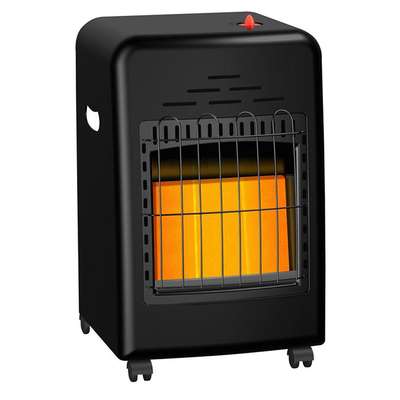
Instead of relying on portable propane heaters, it's better to use a safer and more efficient heating system for your home. Common residential heating options for off-grid or Tiny homes are smaller wood-burning stoves or fireplaces designed for home heating. These systems are designed to provide consistent, safe, and cost-effective heating for your entire home.
If you have specific heating needs, consider consulting a professional HVAC technician or heating specialist to determine the most suitable and safe heating solutions available, and always remember adequate ventilation if using a propane heater indoors for an emergency situation.
Renewable natural gas (RNG): an alternative to natural and fossil gases?
Renewable natural gas (RNG) is an energy source produced from organic materials such as agricultural waste, food scraps, and septic tank sludge. RNG is considered renewable because it is produced from materials that can be regenerated.
However, even though RNG is cleaner than natural and fossil gases, it is not without an environmental impact. In fact, its production itself is a source of GHG emissions, as its refining process is the same as that of other types of gas and requires the same distribution network. Furthermore, the availability of RNG in main gas networks is currently very limited and depends on the quantity of organic waste available, so the impact of RNG on the environment is likely more of a negative than a positive, as it serves to perpetuate the delivery of Natural Gas to homes using the current leaky system that has a bigger impact than burning the stuff.
Propane or natural gas, which burns hottest?
Propane burns hotter than natural gas. When comparing the two fuels, propane has a higher energy content per unit volume or weight, which means it can produce more heat when burned. This higher energy content results in a higher flame temperature for propane compared to natural gas.
Propane's higher heat output makes it a popular choice for applications where high temperatures are required, such as in certain industrial processes, cooking appliances like outdoor grills and stoves, and some heating systems. Natural gas, while often more convenient and cost-effective for residential heating and cooking, does not produce as much heat per unit of fuel as propane, and is being phased out of residential homes and replaced with heat pumps and electric power.
It's important to note that the specific heat output can also depend on the efficiency of the equipment or appliance using the gas and the air-to-fuel ratio. However, in a direct comparison, propane typically burns hotter than natural gas. If buying an appliance to burn propane in an off-grid home, make certain that it is jetted correctly for propane or butane, as otherwise you will burn much more gas than you need and at too high a temperature. To give a real-world example from personal experience, if using a gas cooktop with propane, and it's impossible to set it to a simmer, it's probably jetted for natural gas...
Conclusion: propane vs natural gas, which is the best choice for the environment and health?
It goes without saying that all fossil fuels should be avoided due to their impact on the environment and human health. However, if you find yourself in a situation where you absolutely need to use gas, such as if your home is not connected to the electrical grid or if installing an off-grid energy production system exceeds your budget, propane is likely the best option. From an environmental perspective, it is considered less polluting than fossil (Natural) gas and RNG.
In the end, the energy source you choose should take into account your needs and situation. It is important to weigh the advantages and disadvantages of each option before making a decision. In general, using fossil fuels is about the same cost as using high efficiency heatpumps. Also, grants and tax rebate programs designed to encourage the adoption of electric power could help you electrify your home and avoid the risks associated with gas use.
Remember, reducing energy consumption is essential to preserving our planets' resources, our money, and to ensure a sustainable future for generations to come...
Now you know more about the difference between propane vs natural gas, learn more about sustainable home comfort, energy efficiency and how to reduce the carbon footprint of homes on the following pages and in the EcoHome Green Building Guide.
Find more about green home construction and reap the benefits of a free Ecohome Network Membership here. |
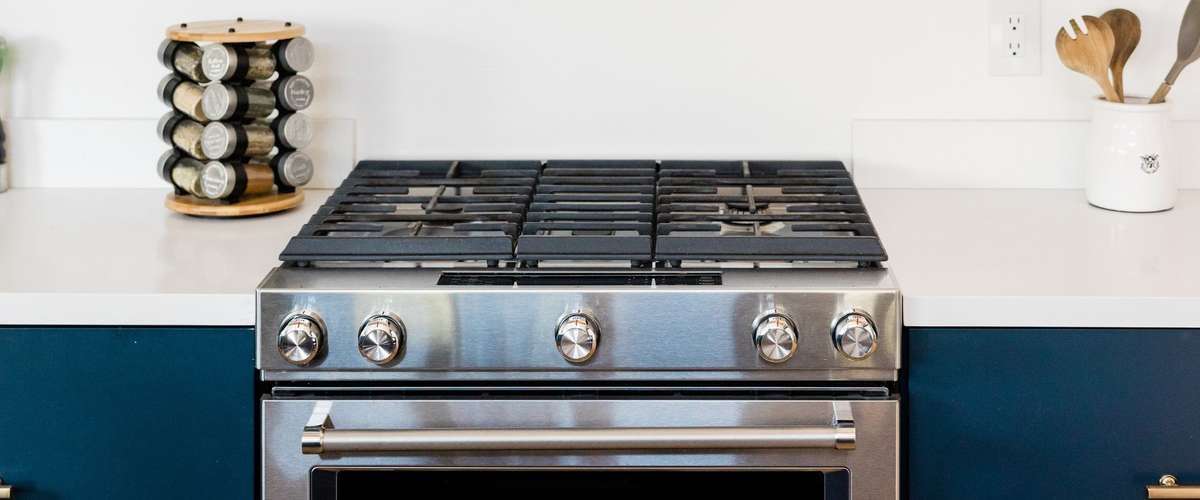














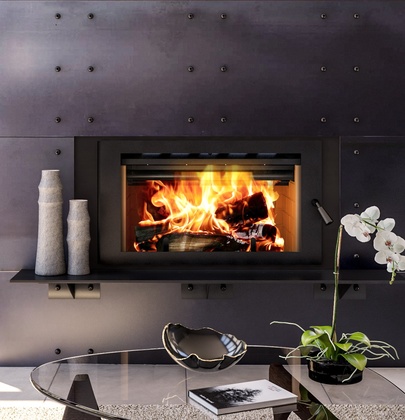

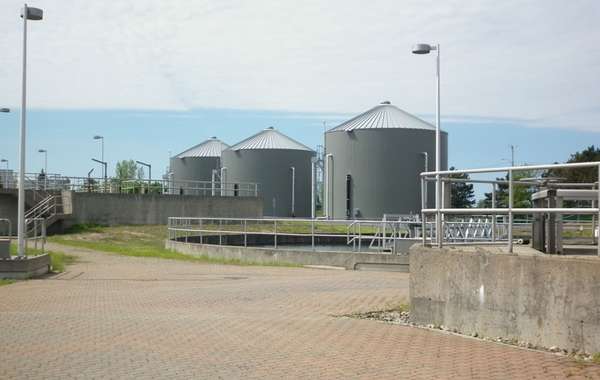

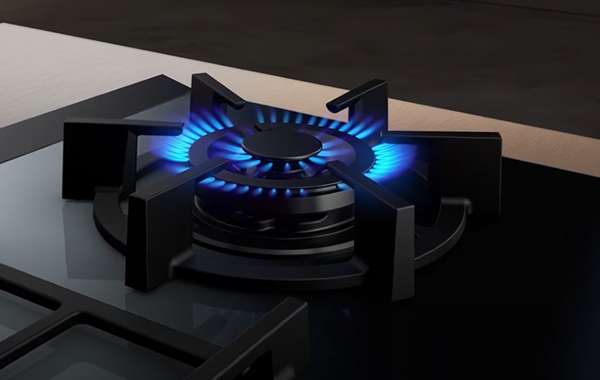
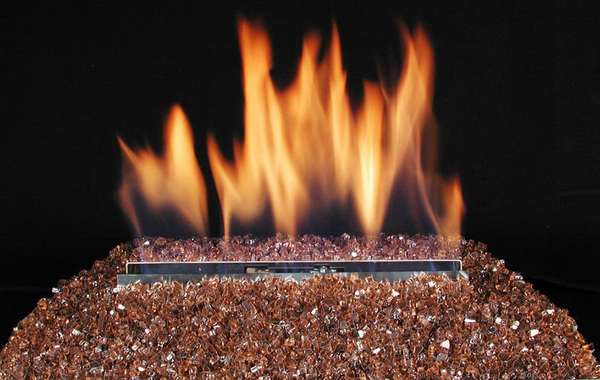
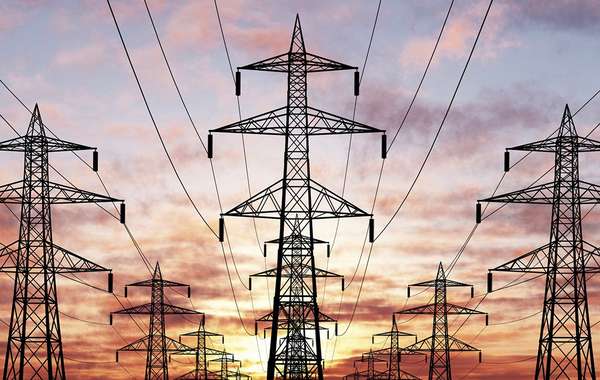
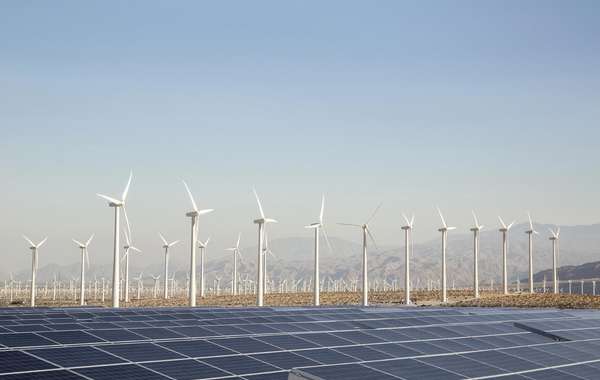
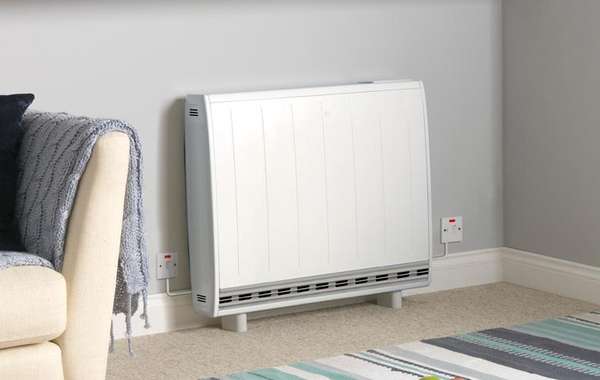
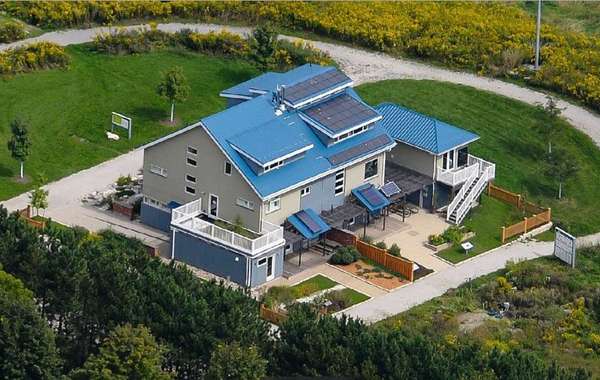
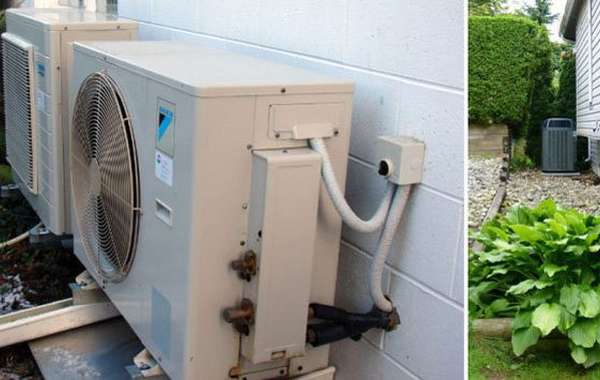

Comments (0)
Sign Up to Comment